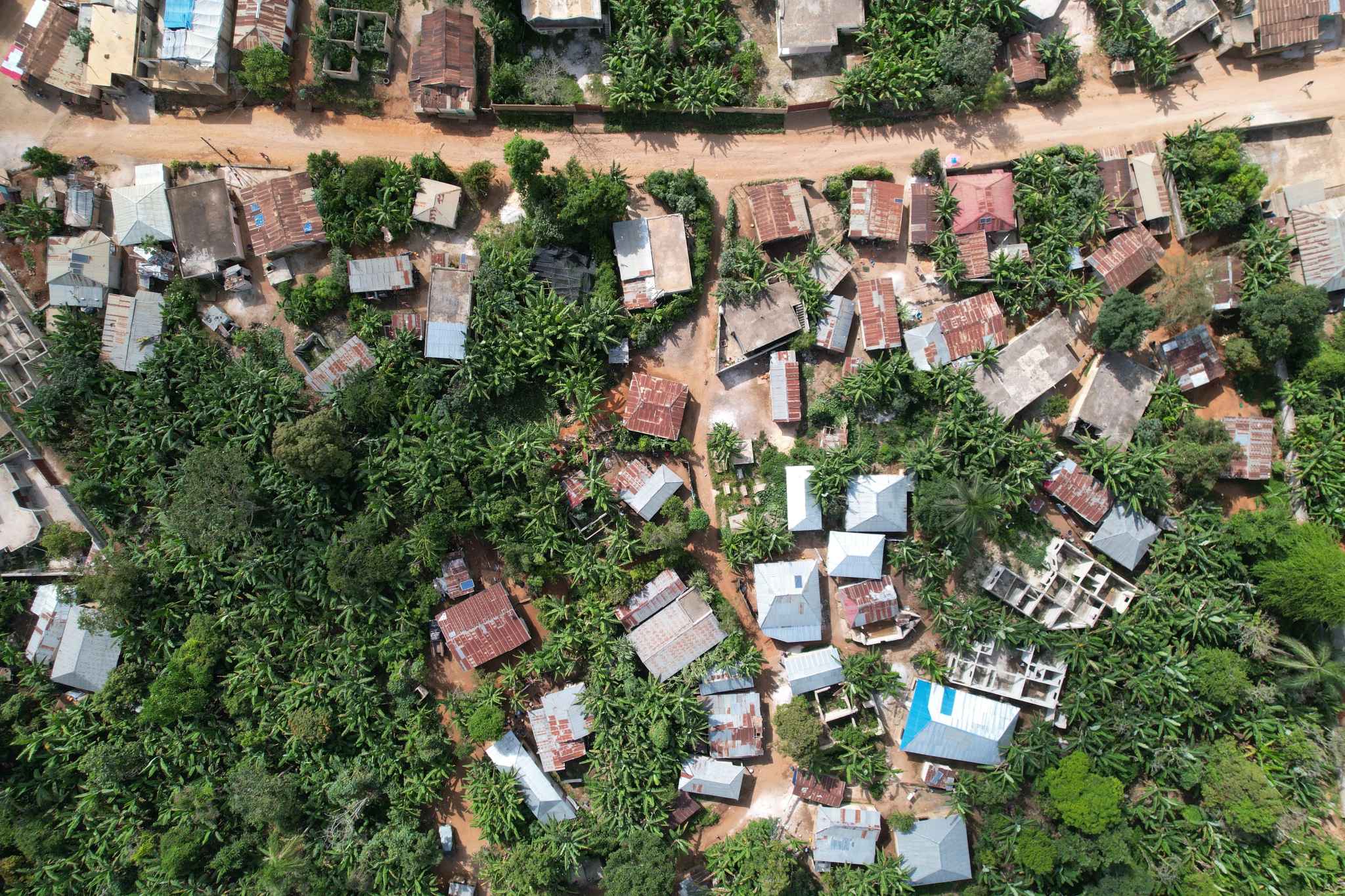


The countries
Haiti
Haiti, located in the western part of the island of Hispaniola in the Caribbean, has a population of approximately 11.5 million people and is known for its culture as well as its significant contributions to the fight for independence and human rights. From an environmental perspective, the country enjoys exceptional richness in terms of biodiversity (fauna, flora). However, Haiti faces numerous challenges, making it particularly vulnerable to the impacts of climate change:
Geographic location and extreme weather conditions
Haiti is highly exposed to extreme weather events, including hurricanes, tropical storms, and heavy precipitation. Its mountainous terrain and deforested landscape exacerbate the risk of flooding, landslides, and soil erosion during these events.
Deforestation and environmental degradation
Rampant deforestation, uncontrolled urbanization, and unsustainable land use practices have weakened Haiti's ecosystems and reduced their capacity to absorb the impacts of climate change. Soil degradation affects agricultural productivity, exacerbating food insecurity and poverty.
Sea level rise and coastal vulnerability
With a high percentage of its population living in coastal areas, sea level rise poses significant risks to communities, infrastructure, and livelihoods. Coastal erosion and saltwater intrusion have a negative impact on agriculture, freshwater sources, and food security.
Limited resources and infrastructure
Haiti faces persistent economic challenges and has limited resources for climate change adaptation and mitigation. Insufficient infrastructure and basic services further hinder the country's ability to effectively respond to climate-related disasters.
The already difficult situation is exacerbated by the complexity of the political landscape. The country has experienced political instability for decades, limiting its ability to effectively combat climate change. Political unrest often diverts attention and resources from long-term environmental concerns and disaster preparedness efforts. This situation also hampers the implementation and enforcement of policies related to climate change adaptation and mitigation, leaving the population vulnerable to the increasing impacts of climate change without adequate support or protection.
To address its vulnerability to climate change, Haiti needs a combination of local, national, and international efforts. Sustainable land management, reforestation, and climate-resilient infrastructure are essential to enhance resilience to climate change. Significant support and unambiguous cooperation from the international community are also crucial to help Haiti adapt to climate change, improve disaster preparedness, and promote sustainable development for a more resilient future.
Currently, the CCR project is being implemented in Haiti by two organizations:
- Welthungerhilfe: in the Southeast department, in the communes of Thiotte, Grand Gosier, and Anse-à-Pitre.
- Concert Action: in the Northeast department, in the commune of Vallière, and in the North department, in the commune of Borgne.
Image gallery






